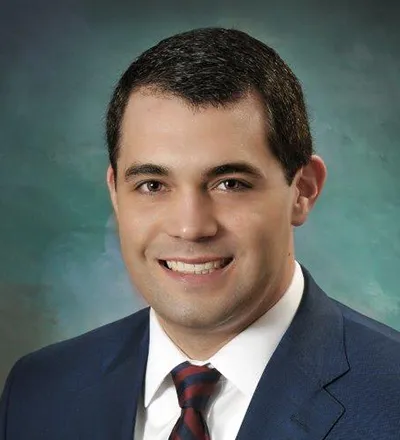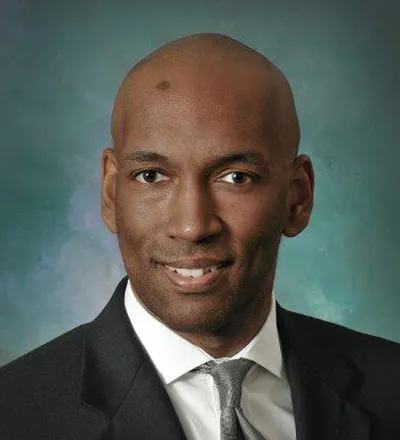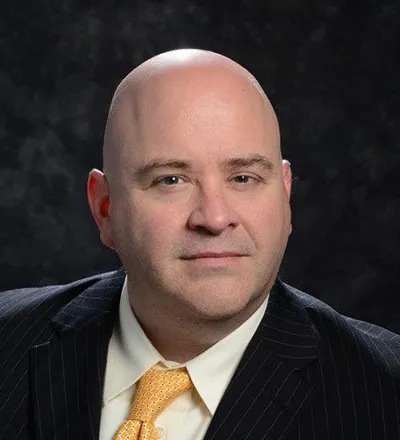November Firm News
The month of November was big for several attorneys from Pullin, Fowler, Flanagan, Brown & Poe, with several important decisions being handed down by the Supreme Court of Appeal of West Virginia.
Member Wendy Greve and Associate Drannon Adkins also received a favorable ruling from the Supreme Court in the case of Marcie D. Weyer and Tomar Rentals v. Wood County Commission. Plaintiffs asserted a claim that County’s Floodplain Ordinance constituted an impermissible regulatory taking under both the Fifth Amendment to the U.S. Constitution and Article III, Section 9 of the West Virginia Constitution. At the Circuit Court, Wendy and Drannon argued that application of County’s Floodplain Ordinance did not render the Plaintiff’s property wholly useless and that the Plaintiff’s property had not lost all economically beneficial uses. The Circuit Court agreed and granted the County’s Motion for Summary Judgment. On appeal, the Supreme Court agreed with the defense arguments and, in a 3-2 Memorandum Decision, affirmed the Circuit Court’s Order granting summary judgment. You can read the Supreme Court’s opinion here.
One of the biggest cases from the Supreme Court’s September 2015 Term was born out of the hard work of Equity Member Victor Flanagan, Member Julie Greco, and Associate Katie L. Hicklin Luyster in W. Va. Board of Education and L. Wade Linger, Jr. v. Jorea M. Marple. Plaintiff filed suit following her termination as Superintendent of Schools for West Virginia, asserting substantive and procedural due process claims upon alleged deprivation of her property and liberty interests in her continued government employment and various common law claims for defamation, false light and breach of contract, as well as a punitive damages claim. At the trial court level, Victor, Julie and Katie asserted the qualified immunity defense in a motion to dismiss, based upon constitutional and statutory provisions prescribing that Plaintiff’s position was an at-will appointment. Following arguments, the Circuit Court denied the motion to dismiss and that order was appealed. After reviewing briefs and hearing oral argument, the Supreme Court reversed, holding that qualified immunity barred each of Plaintiff’s claims as the Complaint failed to allege a cause of action sufficient to overcome the Defendant’s discretion to terminate her at-will appointment, and, therefore, reversed the Circuit Court’s Order and dismissed Plaintiff’s Complaint. The Supreme Court announced a new Syllabus Point regarding the “insurance policy exception” to sovereign immunity:
The state insurance policy exception to sovereign immunity, created by West Virginia Code § 29-12-5(a)(4) [2006] and recognized in Syllabus Point 2 of Pittsburgh Elevator Co. v. W. Va. Bd. of Regents, 172 W.Va. 743, 310 S.E.2d 675 (1983), applies only to immunity under the West Virginia Constitution and does not extend to qualified immunity. To waive the qualified immunity of a state agency or its official, the insurance policy must do so expressly, in accordance with Syllabus Point 5 of Parkulo v. W. Va. Bd. of Probation & Parole, 199 W.Va. 161, 483 S.E.2d 507 (1996).
Essentially, the Supreme Court ruling settles any question whether individuals appointed to statutorily and constitutionally prescribed at-will positions are entitled to life-long appointments or serve at the will and pleasure of the appointing authority. You can read the Supreme Court’s opinion here. You can also find a detailed summary of the case here.

























































